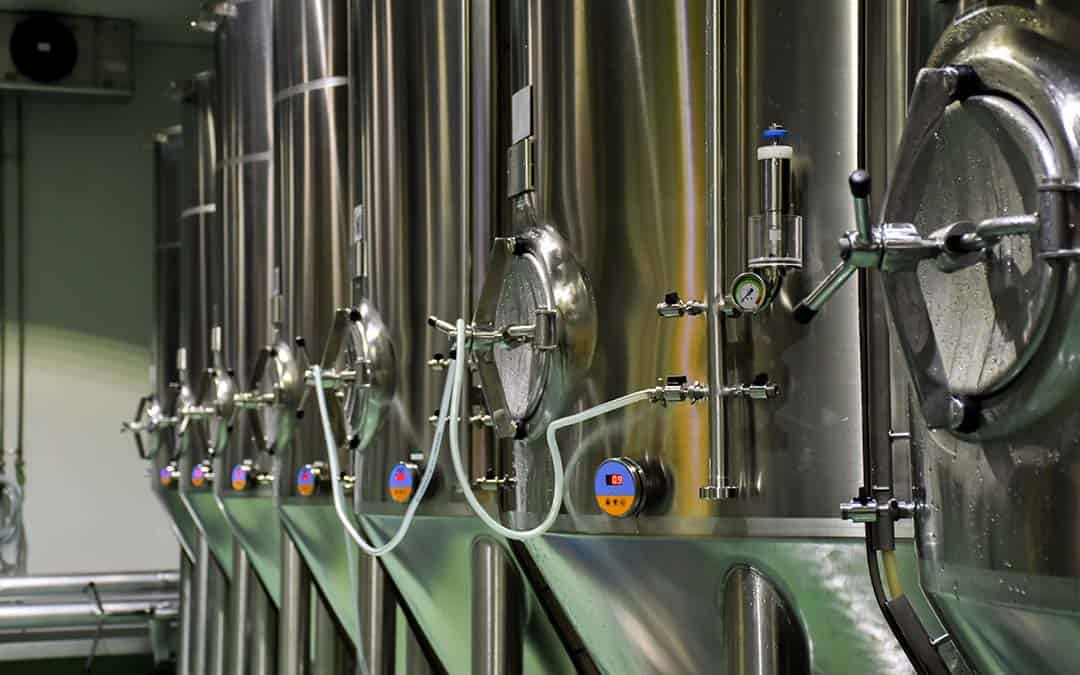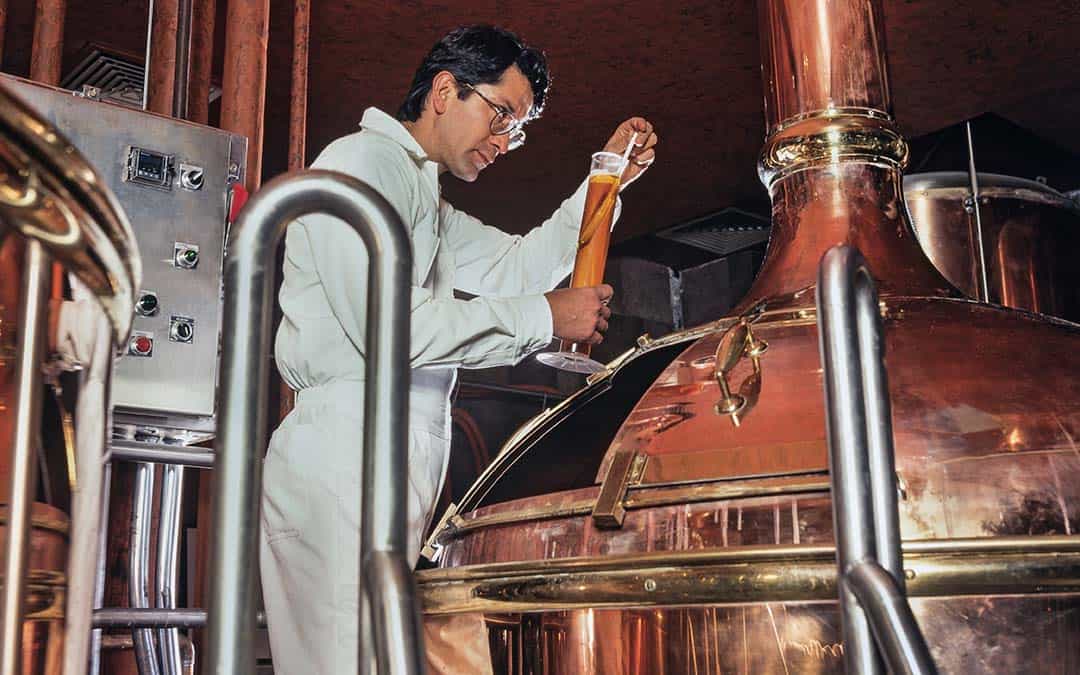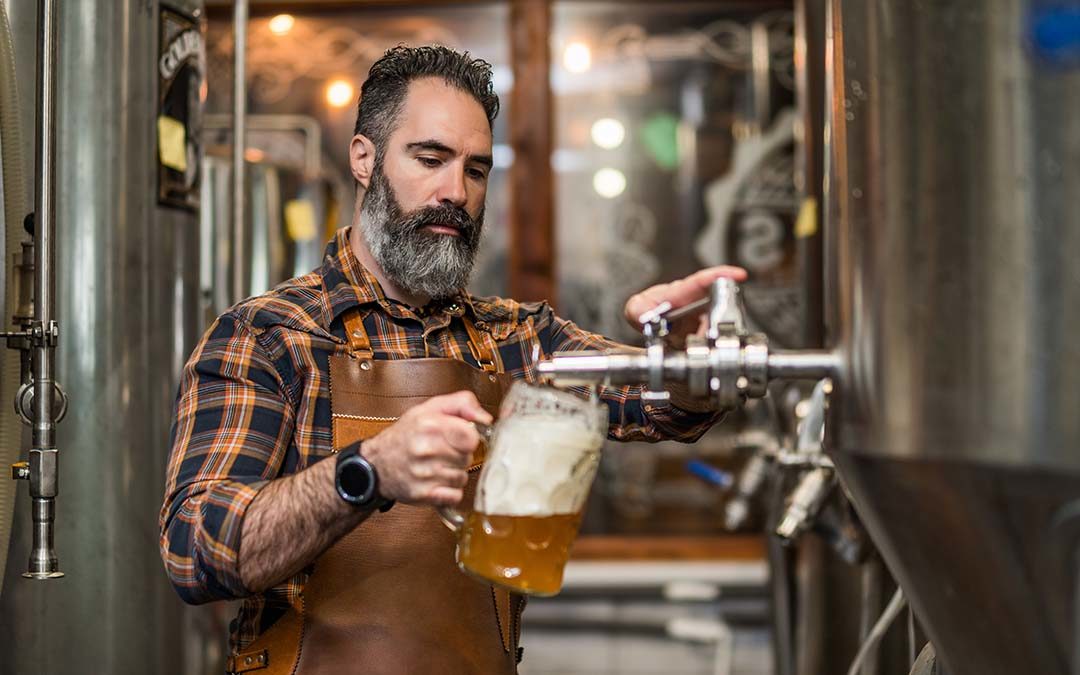A CO2 shortage is causing craft beer prices to rise and production to be slow. The pandemic-era problem has several causes, including seasonal demand and contamination at a major supplier. Craft breweries are concerned about CO2 shortages. Fortunately, CalOx is committed to supplying medical- and food-grade CO2; its customers can expect a continuous supply.
What Happened to CO2 Supply?
Across the country, craft breweries have been facing higher costs due to inflation. But their supply of a vital ingredient is running short: carbon dioxide, which gives beer its characteristic effervescence.
Due to a CO2 shortage, the companies are outsourcing to nearby locations instead of maintaining their longtime facility. Breweries have faced higher costs for raw materials such as aluminum and barley in the past year as inflation caused the value of raw materials to rise. The situation has worsened since reports emerged that some carbon dioxide sources contain pollutants.
The lack of carbon dioxide, exacerbated by pandemic shutdowns, resulted in many suppliers going offline. During the summer, numerous facilities go offline for maintenance, putting a strain on the supply of carbon dioxide.

Why Is Carbon Dioxide Important To Craft Beer Production?
Carbon dioxide (CO2) quality is crucial to finished beer quality, contributing to sensory outcomes:
- Beer foam
- Mouthfeel
- Shelf stability
Suppliers are generally responsible for managing CO2 quality.
Which Industries Need Carbon Dioxide?
There are numerous industries (if not most) that need CO2 for production; these industries include:
- Meatpacking
- Dry ice
- Medical supplies
- Beverage and beer
CO2 shortages have been a problem recently in parts of the United States, threatening to keep food fresh during transport.
Standards of Quality

To ensure its customers receive pure, uncontaminated CO2, CalOx adheres to all CGA, ISBT, EIGA, and FDA regulations. In the United States, the Compressed Gas Association (CGA), the International Society of Beverage Technologists (ISBT), the European Industrial Gases Association (EIGA), and the Food and Drug Administration (FDA) are regulating purity standards. According to the EIGA, Food Grade CO2 must be 99.9% pure, and every facility that produces carbon dioxide for food and beverage manufacturing should have a documented quality management system and a formal risk assessment of food safety. It’s a legal requirement for all plants that produce carbon dioxide for food to use the HACCP methodology to include natural gas processes and feedstock.
Why Choosing the Right Supplier is Important
An incoming CO2 supply shift can get detected by sensory panel results or, in some cases, customer feedback. Water, oxygen, and hydrocarbon molecules such as benzene, acetaldehyde, and other sensory molecules may make up the remaining 0.10% of beverage-grade CO2. When expressed this way, 0.10% represents 1,000 parts per million, nearly four orders of magnitude more than most hop flavors. CalOx ensures that the purity and supply of CO2 are suitable for your beer brands to ensure quality. As a result, it works closely with suppliers and customers to meet their needs.
Are You Worried About CO2 Shortage?
A shortage of CO2 may impact the ability of breweries to produce beer. Although CO2 suppliers are experiencing supply chain disruptions, CalOx customers are not experiencing any. It aims to continuously deliver medical and food-grade CO2 gas to its customers, regardless of the current changes.
Why CalOx Customers Don’t Have to Worry About CO2 Shortage
The shortage of CO2 has several causes, including seasonal demand and contamination at a major supplier. During the summer, numerous facilities go offline for maintenance, putting a strain on the supply of carbon dioxide. Some brewers plan to close a manufacturing plant and lay off workers. CO2 is crucial to beer quality, contributing to sensory outcomes, mouthfeel, and shelf stability. The commitment of CalOx to medical- and food-grade CO2 means its customers won’t be affected by the current situation.
